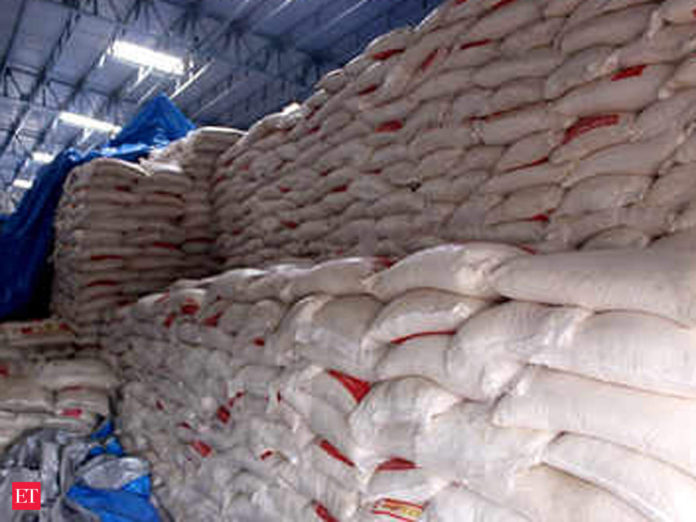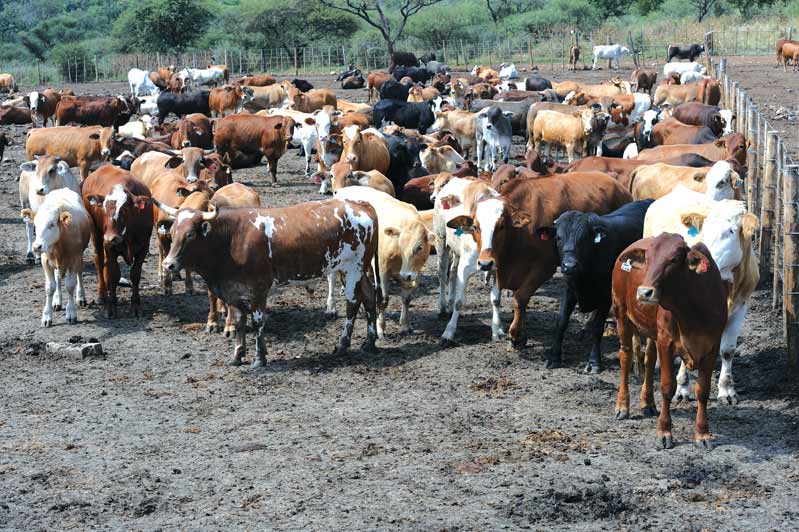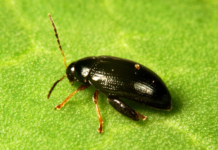The government of Mali has indefinitely suspended exports of rice, maize and other grains to protect its national food supply.
Minister Mohamed Ould Mahmoud made the announcement and said the suspension is due to a bad growing season this year and a shortage of rice and other grains on the international market.
“The suspension aims to anticipate the cereal crisis which is looming on the international market, to protect national production and the most disadvantaged segments (of the population),” he said.
Food governance programs
The suspension came in to effect on Monday, according to a ministerial decree. It applies to local rice and maize, which make up the bulk of Mali’s cereal production, as well as cottonseed, cottonseed meal, millet and sorghum.
Mali is a major producer and exporter of grains to neighbouring countries, exporting around 10-15% of its production, according to the minister Mohamed Ould Mahmoud. The country produced 10.4 million tonnes of grains in the 2020/21 season, down 1% from the previous season, according to agriculture ministry statistics.
Mali’s successful food governance programs have included aggressive development of cereal production and a multi-faceted strategic grain reserve system. These policies have allowed the West African nation to double its annual cereal production in the past decade and quadruple it in the past three. Agriculture makes up more than 40 percent of the landlocked nation’s GDP, and the sector’s success has helped propel overall economic growth.
This progress hasn’t come easily, or cheaply. Mali has committed itself to decades of agricultural reform and investment. As an example, in 2008, five years after commitments were made by many sub-Saharan African nations in the 2003 Maputo Declaration, Mali was one of only four African countries to spend at least 10 percent of its budget on agriculture (the others were Chad, Guinea, and Madagascar).








